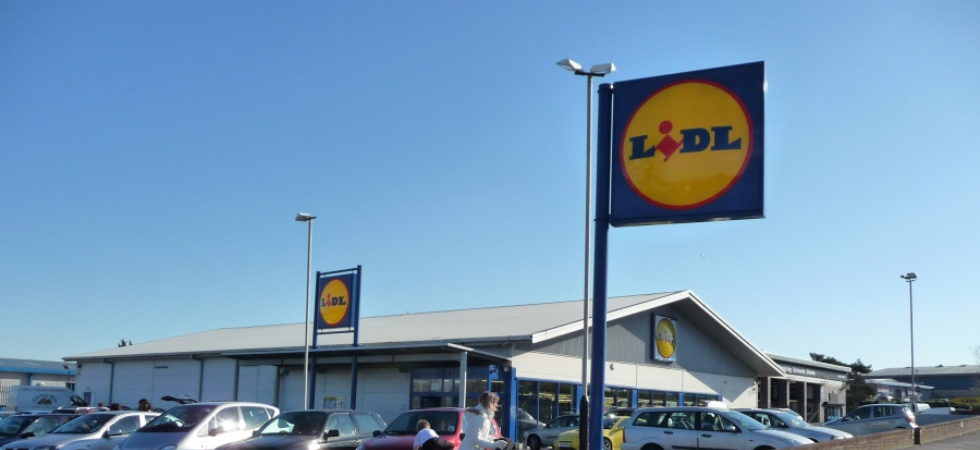UK discounter Lidl has released its latest financial report for the 52 weeks ending 28th February 2023, reporting a loss of £75.9 million before tax. Conversely, the retailer has increased its market share to 7.1%.
Lidl’s revenue is up by 18.8% to £9.3 billion after sitting at £7.8 billion for the 2021/2022 financial year. However, the retailer has also reported a loss of £75.9 million before tax, a stark decrease when compared to the increase of £41.1 million reported in 2021/2022.
The discounter now has a market share of 7.1%, an increase of 1% from the 2021/2022 figure of 6.1%. This is the most rapid growth experienced by Lidl over the past five years. It reported earnings before interest and tax (EBIT) of £28.5 million, a £20.6 million decrease from the £79 million earned in 2021/2022.
Ryan McDonnell, Lidl GB CEO said: “We’ve always had a clear commitment to offer the best value to our customers and that is a promise we will always keep, even in uncertain economic times. Alongside preserving this price promise, rewarding our people and maintaining long-term relationships with our suppliers will always be a priority.
“As a privately-owned business we have the ability to make decisions that we know will have immediate benefits for our people, customers and suppliers and long-term benefits for our business.”
Lidl, which sources its core range of fresh meat, eggs, milk, butter and cream from British suppliers, said it had spent over £4 billion with British companies last year. It reportedly invested over £100 million in keeping prices low for customers, while investing nearly £50 million in increasing hourly rates for store colleagues.
The financial year so far
During the new financial year, Lidl has opened its largest warehouse in Luton following an investment of £300 million, creating up to 1,500 jobs. It has also announced an investment of just over £4 billion in British food businesses, while recruiting more than 6,00 new colleagues since the beginning of the year.
McDonnell said: “The entire retail market has seen inflation, and we are no exception. However, for us, what is important is that our price gap to the traditional supermarkets is as strong as it has ever been.
“As a company, we’re entering an exciting new phase of growth where we are bolstering our infrastructure to sustain us for the long term and hiring thousands of new colleagues too.”









